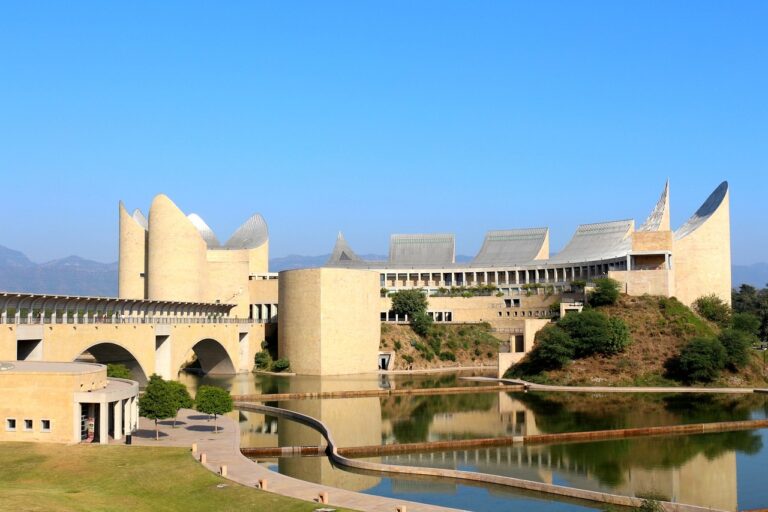The Impact of Climate Change Policies on Election Outcomes
Throughout history, climate change has been a topic of growing concern for voters and politicians alike. Over the years, the issue has evolved from a niche concern to a critical aspect of political campaigns and policy-making. In the past, election platforms rarely focused on climate change, but as scientific evidence has mounted and the effects of climate change have become more visible, it has become an unavoidable topic for politicians seeking office.
The shift towards prioritizing climate change in elections can be attributed to a variety of factors, including increased public awareness and pressure from advocacy groups. As the public becomes more informed about the environmental impacts of human activities, there has been a corresponding demand for political leaders to take action. In response, political parties have gradually incorporated climate change policies into their platforms in an effort to appeal to a larger voter base and demonstrate their commitment to addressing this global challenge.
• As scientific evidence of climate change has mounted, it has become an unavoidable topic for politicians seeking office.
• Increased public awareness and pressure from advocacy groups have played a role in prioritizing climate change in elections.
• Political parties have gradually incorporated climate change policies into their platforms to appeal to a larger voter base and demonstrate commitment to addressing this global challenge.
The Influence of Public Opinion on Climate Change Policies and Election Results
Public opinion plays a crucial role in shaping the outcomes of elections concerning climate change policies. As public awareness and concern regarding climate change continue to grow, politicians are under increasing pressure to address these issues in their platforms. Voters are becoming more inclined to support candidates who prioritize environmental policies and show a commitment to combating climate change.
The influence of public opinion on election results is evident in the rise of political figures who champion sustainability and green initiatives. Candidates who align themselves with popular environmental causes tend to attract a larger voter base, especially among younger demographics who are passionate about climate change. As a result, political parties are recognizing the importance of including robust climate change policies in their platforms to appeal to a broader range of voters and secure electoral success.
The Role of Political Parties in Shaping Climate Change Policies and Election Outcomes
Political parties play a crucial role in shaping climate change policies and influencing election outcomes. Their stance on environmental issues can be a defining factor for many voters when deciding who to support at the polls. Parties often develop specific strategies related to climate change to attract certain voter demographics and differentiate themselves from their opponents.
These political parties play a key role in the legislative process, introducing and advocating for policies that align with their beliefs and priorities regarding climate change. The extent to which these parties prioritize and champion environmental issues can have a significant impact on the outcomes of elections, as voters are increasingly considering climate change as a top concern when casting their ballots.
How have climate change policies evolved in elections over time?
The Historical Context of Climate Change Policies in Elections section of the article discusses the evolution of climate change policies in elections, highlighting key milestones and shifts in political priorities.
What impact does public opinion have on climate change policies and election results?
The Influence of Public Opinion on Climate Change Policies and Election Results section explores how public opinion can shape the development of climate change policies and influence election outcomes.
What role do political parties play in shaping climate change policies and election outcomes?
The Role of Political Parties in Shaping Climate Change Policies and Election Outcomes section delves into the specific ways in which political parties influence the direction of climate change policies and impact election results.







